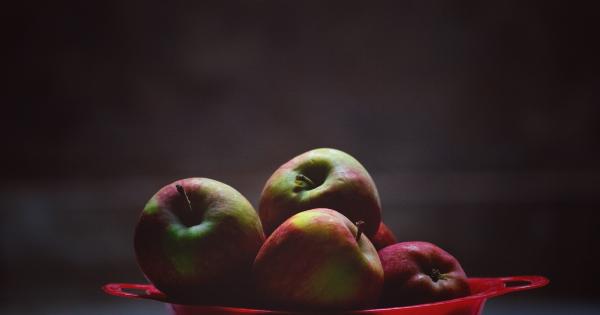Hypothyroidism is a condition in which the thyroid gland does not produce enough hormones to regulate the body’s metabolism. This can lead to a wide range of symptoms such as fatigue, weight gain, depression, and sensitivity to cold.
However, with the right diet, you can manage hypothyroidism and even improve your thyroid function. In this article, we will discuss the top 10 foods for hypothyroidism.
1. Seafood
Seafood is a great source of iodine, an essential mineral that is crucial for the production of thyroid hormones. Some of the best seafood sources of iodine include seaweed, shrimp, cod, tuna, and salmon.
However, it is important to be mindful of your seafood consumption as some types of seafood such as swordfish, tilefish, and king mackerel can contain high levels of mercury, which can be harmful to your health if consumed in large amounts.
2. Brazil nuts
Brazil nuts are one of the best dietary sources of selenium, a mineral that is essential for thyroid health. Selenium helps to regulate thyroid hormones and can reduce inflammation in the body.
Just one Brazil nut provides you with more than the recommended daily intake of selenium, making it a valuable addition to your diet.
3. Eggs
Eggs are an excellent source of protein and contain important nutrients such as vitamin D, which is essential for thyroid health. Vitamin D can help to regulate thyroid hormone levels and reduce inflammation in the body.
Moreover, eggs also contain iodine, which is beneficial for thyroid health.
4. Spinach
Leafy greens such as spinach are a great source of antioxidants, which can help to combat inflammation in the body. Moreover, spinach contains important nutrients such as iron, magnesium, and vitamin B2, which are beneficial for thyroid health.
However, if you have hypothyroidism, it is important to be mindful of your spinach consumption as it can interfere with the absorption of thyroid medication.
5. Berries
Berries such as strawberries, blueberries, and raspberries are a great source of antioxidants, which can help to reduce inflammation in the body.
Moreover, berries contain important nutrients such as vitamin C, which can help to regulate thyroid hormone levels and boost your immune system.
6. Beans and legumes
Beans and legumes such as chickpeas, lentils, and kidney beans are a great source of protein, fiber, and important nutrients such as iron, magnesium, and zinc.
Moreover, beans and legumes contain important phytochemicals, which can help to reduce inflammation in the body and promote thyroid health.
7. Yogurt
Yogurt is a great source of probiotics, which can help to support your gut health and reduce inflammation in the body.
Moreover, yogurt contains important nutrients such as calcium, which is essential for thyroid health and can help to regulate thyroid hormone levels.
8. Oysters
Oysters are a great source of zinc, an important mineral that is essential for thyroid health. Zinc can help to regulate thyroid hormone levels and reduce inflammation in the body.
Moreover, oysters also contain important nutrients such as iron and vitamin B12, which are beneficial for thyroid health.
9. Coconut oil
Coconut oil is a great source of medium-chain triglycerides (MCTs), which can help to boost your metabolism and regulate thyroid hormone levels. Moreover, coconut oil contains important antioxidants, which can help to reduce inflammation in the body.
10. Avocado
Avocado is a great source of healthy fats and important nutrients such as vitamin E, which can help to regulate thyroid hormone levels.
Moreover, avocado contains important antioxidants, which can help to reduce inflammation in the body and promote thyroid health.





























